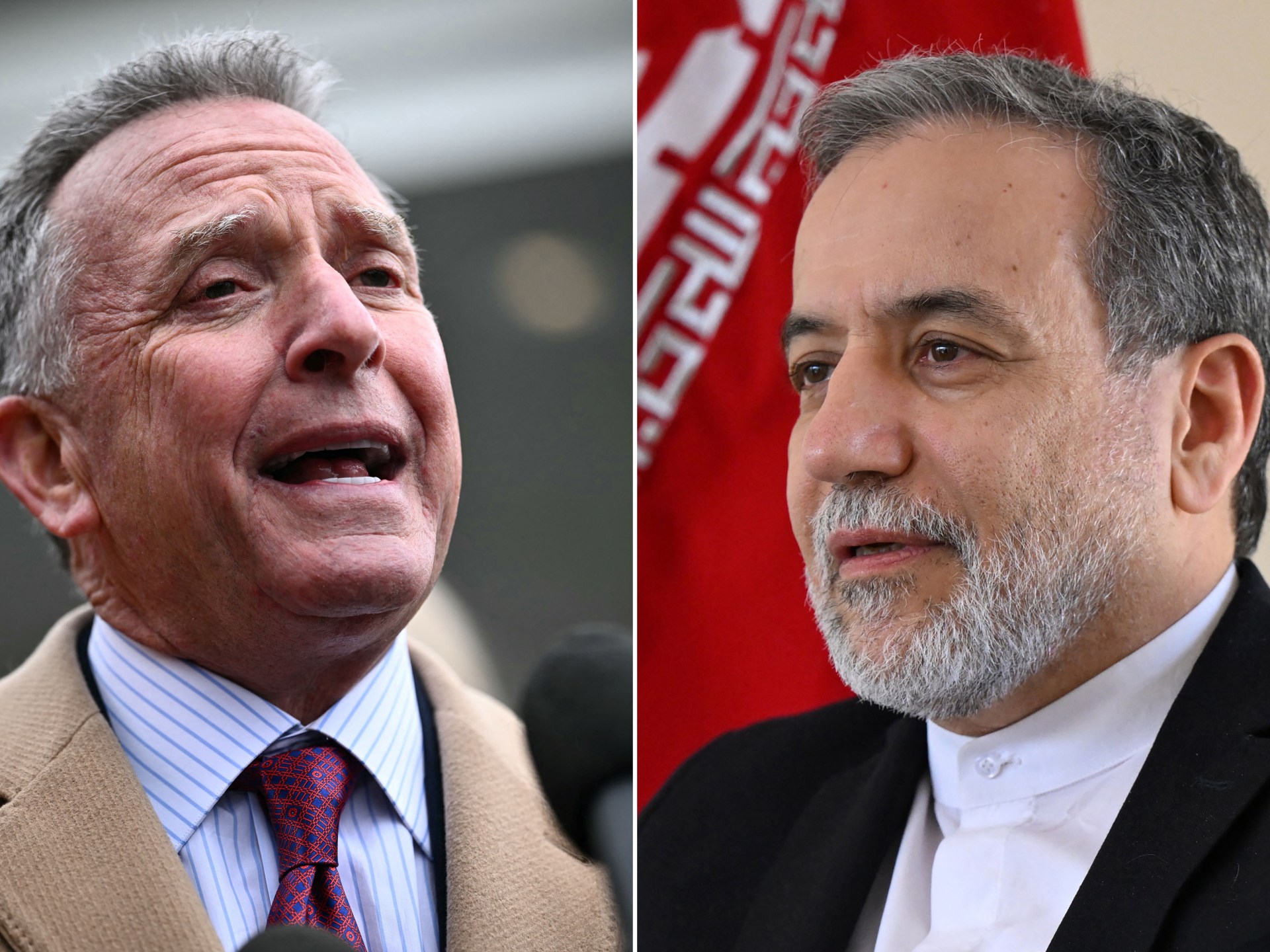Iranian Foreign Minister Abbas Araghchi expressed his concern about the potential success of the nuclear negotiations, which are expected to continue next week, according to both countries.
Iran’s nuclear weapons pact with the Islamic republic, which is expected to be signed by US President Donald Trump, has sparked confidence.
A week after a second round of indirect negotiations in Rome that both sides described as constructive, Araghchi and Trump’s Middle East envoy Steve Witkoff held on Saturday in Oman’s capital Muscat through Omani mediators for about six hours.
According to Araghchi, “the negotiations are extremely technical and serious,” and there are still disagreements over important points as well as details.
“Both sides take it seriously and with great care,” he said. “Our optimism about the success of the talks is still very cautious.”
A senior official in the US administration described the discussions as being constructive and fruitful, adding that “both parties agreed to meet once more in Europe soon.”
The official continued, “There is still much to do, but further progress was made in achieving a deal.”
Talks with Omani Foreign Minister Badr Albusaidi earlier had been scheduled for a second “high-level meeting,” which would take place on May 3. Oman will set the date, according to Aghchi.
Trump expressed cautious optimism earlier on Air Force One as he boarded the plane for Rome to pay homage to Pope Francis.
He claimed that “the Iran situation is very well emerging.” We have spoken with them frequently, and I believe we will reach a deal. I prefer the other option to a deal, in my opinion. That would benefit humanity.
Trump also made threats, saying: “There are some people who want to make a different kind of a deal – a much nastier deal – and I don’t want that happening to happen if we can avoid it.
The expert-level negotiations were “difficult, complicated, and serious,” according to an Iranian official who was informed about the discussions earlier.
According to Araghchi, the only goal of these discussions was to “increase confidence in Iran’s nuclear program’s peaceful nature in exchange for sanctions relief.”
The Iranian Foreign Ministry’s statement that the Oman negotiations were not going to be about the country’s missile and defense programs was reported to state TV.
In the indirect discussions with the United States, Esmaeil Baghaei said on Saturday, “the issue of defense capacities and the country’s missiles is not on the agenda.”
Since Trump withdrew from Iran’s 2015 nuclear deal with the world powers in 2018, there have been escalating tensions. Iran has since broken all restrictions on its nuclear program and has since increased its uranium to close to 90 percent, or close to the level required for weapons.
Iran has long been accused of attempting to acquire nuclear weapons by Western nations, including the US, insisting that its program is for peaceful civilian purposes. Tehran has consistently refuted this claim.
Iran would have to completely stop enriching uranium in accordance with a deal, according to US Secretary of State Marco Rubio, and import any enriched uranium necessary to power its sole operational atomic energy plant, Bushehr.
Iranian officials claim that Tehran is willing to negotiate some restrictions on its nuclear program in exchange for the lifting of sanctions, but “Iran’s red lines that cannot be compromised” in the discussions include “iran’s red lines that cannot be compromised”
Numerous European diplomats have questioned whether a comprehensive agreement should include restrictions preventing Iran from putting a nuclear weapon on a ballistic missile.
Source: Aljazeera

Leave a Reply